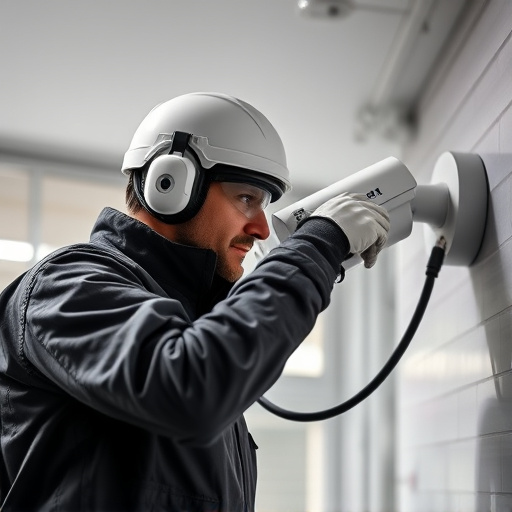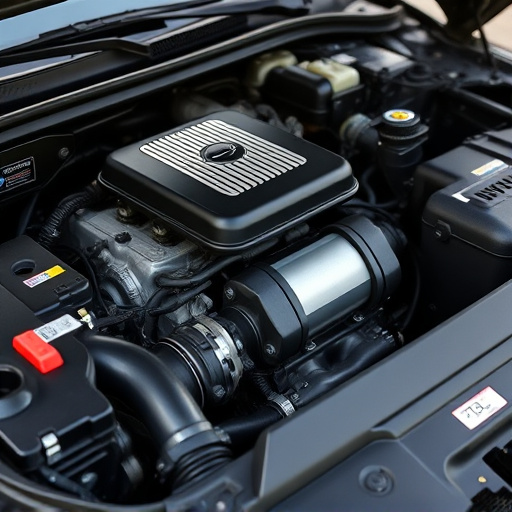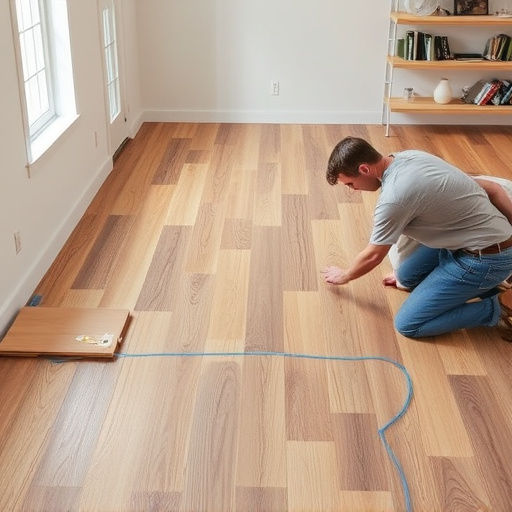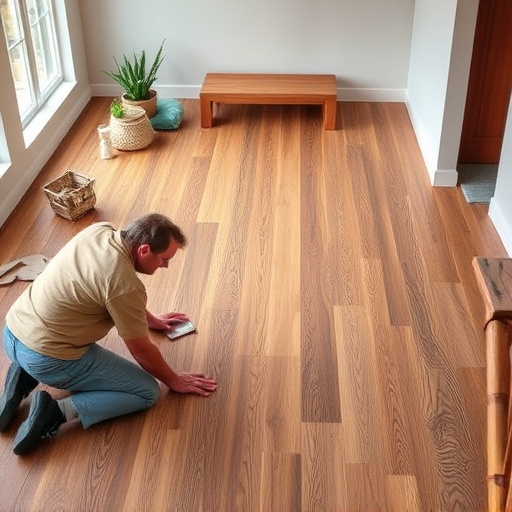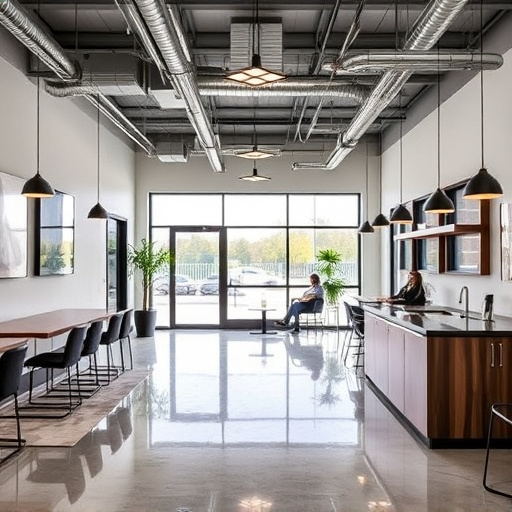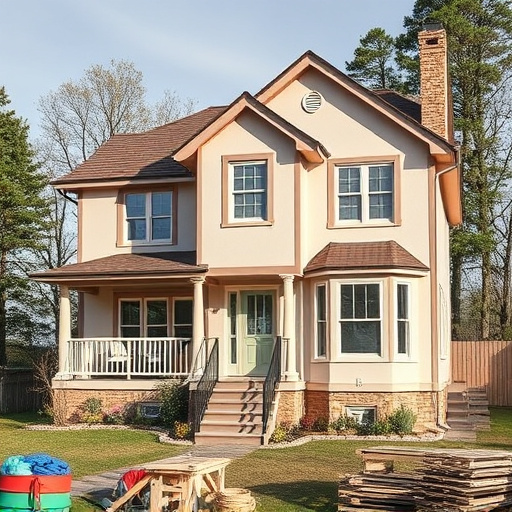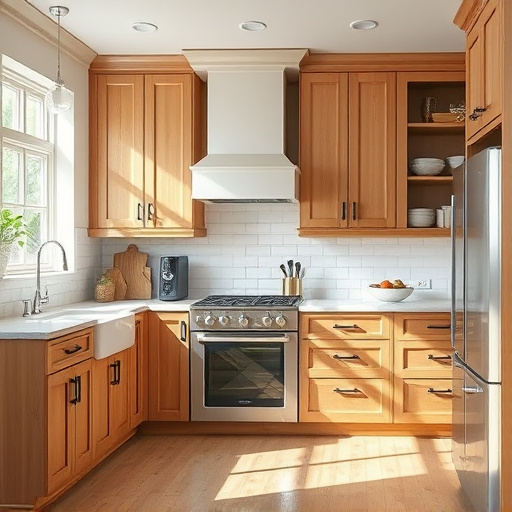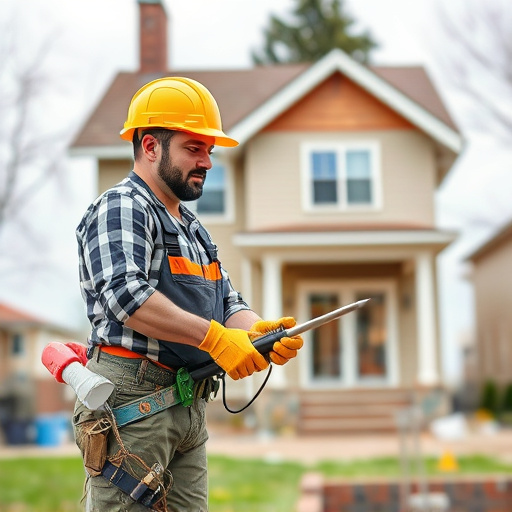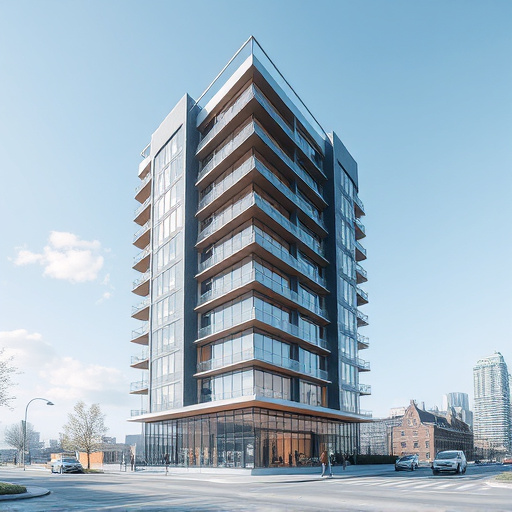Remodeling contractors are evolving traditional home improvement projects into smart, modern spaces by integrating cutting-edge technology like voice-controlled assistants, automated window treatments, and smart thermostats. They prioritize both practical and aesthetic aspects, suggesting design changes to accommodate advanced systems while increasing property value in the competitive real estate market. However, they face challenges such as compatibility issues and the need for robust internet connectivity, requiring continuous training and specialized tools, especially in kitchen renovations.
Remodeling your home doesn’t have to stop at aesthetics; integrating smart home features can transform your space into a high-tech oasis. Interested in learning how remodeling contractors are embracing this trend? This article explores the growing phenomenon of smart home integration in remodeling projects, highlighting popular features, benefits, and challenges faced by both professionals and homeowners alike. Discover how technology is reshaping the way we live and interact with our living spaces.
- Understanding Smart Home Integration in Remodeling Projects
- Common Smart Home Features Contractors are Incorporating
- Benefits and Challenges of Implementing Smart Home Technology in Remodels
Understanding Smart Home Integration in Remodeling Projects
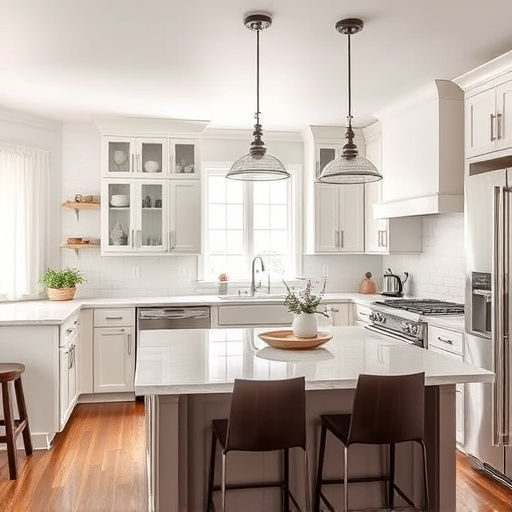
In today’s digital era, smart home features have become an integral part of home improvement services, transforming traditional remodeling projects into modern, functional spaces. Remodeling contractors are no longer just experts in structural changes and aesthetic upgrades; they are now equipped to incorporate cutting-edge technology that enhances daily living. Smart home integration involves seamlessly integrating various devices and systems, allowing homeowners to control lighting, temperature, security, and entertainment with a simple touch or voice command.
When remodeling, contractors consider both the practical and aesthetic aspects of smart home features. For instance, they might suggest floor replacements not just for aesthetics but also to accommodate advanced wiring needed for smart flooring options or underfloor heating systems. By understanding the latest trends in home automation, remodeling contractors can create dynamic, adaptable spaces that cater to modern lifestyles, ensuring clients stay connected and comfortable in their upgraded living environments.
Common Smart Home Features Contractors are Incorporating
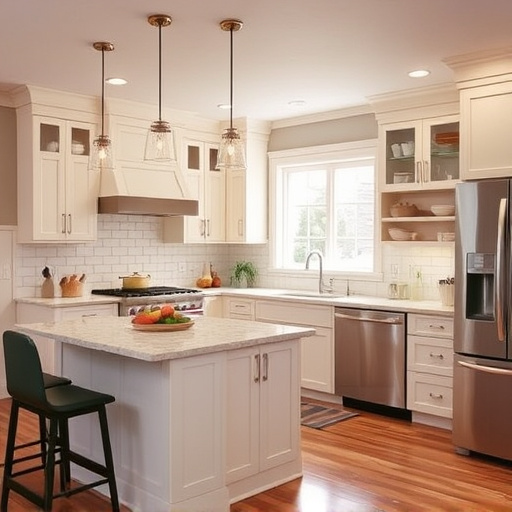
In today’s digital era, remodeling contractors are incorporating smart home features into their projects to offer clients cutting-edge solutions for enhanced comfort and convenience. Common smart home features that contractors are integrating into home transformations include voice-controlled assistants like Amazon Alexa or Google Home, which allow homeowners to control lighting, temperature, and security systems with simple voice commands. Another popular trend is automation of window treatments, enabling users to adjust curtains or blinds remotely or according to pre-set schedules.
Additionally, smart thermostats are becoming a standard in renovation services, learning residents’ routines to optimize energy efficiency. Home security systems equipped with motion sensors, video surveillance, and remote access via smartphones further elevate safety measures. These innovations not only contribute to better living experiences but also increase the overall value of properties, making them more appealing to potential buyers in the competitive real estate market.
Benefits and Challenges of Implementing Smart Home Technology in Remodels
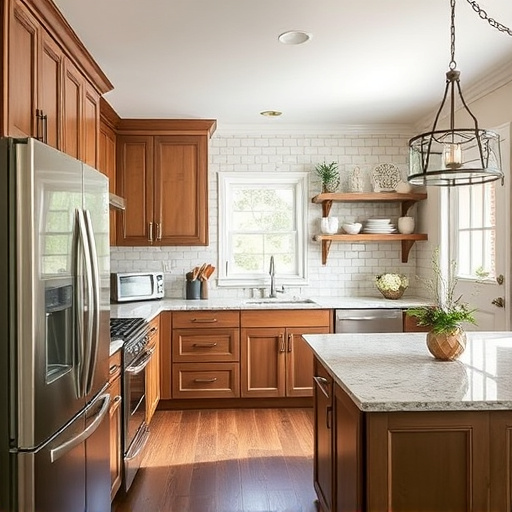
Implementing smart home technology in remodeling projects offers a multitude of benefits for both contractors and homeowners. For starters, it enhances convenience and comfort with features like voice-controlled lighting, temperature control, and security systems. This not only improves the overall living experience but also adds value to the property, making it more attractive to potential buyers, especially in the competitive market of kitchen renovations and home remodeling.
However, integrating smart home technology also presents unique challenges for remodeling contractors. Compatibility issues between different devices and platforms can lead to complex troubleshooting. Additionally, ensuring robust internet connectivity throughout the home is crucial, particularly during a kitchen remodel where multiple smart appliances might be involved. Moreover, keeping up with rapidly evolving technology requires continuous training and investment in specialized tools and equipment for contractors to stay competitive in the market.
Remodeling contractors are increasingly integrating smart home features to enhance property value and cater to modern lifestyles. By incorporating technology such as automated lighting, voice-controlled systems, and energy-efficient appliances, these professionals are offering homeowners advanced living spaces that are both convenient and sustainable. While the initial cost and installation complexity present challenges, the long-term benefits of improved comfort, security, and efficiency make smart home technology a desirable addition to any remodeling project. Choosing a reputable remodeling contractor who specializes in smart home integration ensures a seamless transition into the future of home living.
